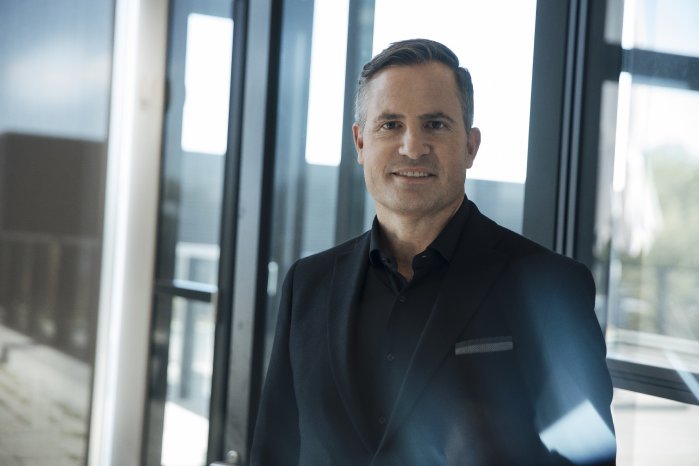While the "Life at Work" reform aims for full employment in France by 2027, the shortage of skilled workers is reaching new peak figures. In some industries, entrepreneurs rate 61% of new hires as difficult, according to Pôle emploi 2023. Society is changing at a rapid pace. Economists agree that French employees are setting different priorities today than they did 40 years ago. Good working conditions and a balanced professional and private life are high on the agenda. If companies want to be attractive for the labor market, the flexible organization of working hours taking the individual needs of all age groups into account is of strategic importance.
For more than 35 years, ATOSS has been supporting companies around the world in balancing economic efficiency and humanity with innovative software solutions for a workforce scheduling that is demand-driven and at the same time employee-oriented. "Particularly against the backdrop of the government's planned stimulus, we perceive great potential in the French market. Backed by our team of specialists in Paris, our aim is to assist companies in shaping and designing sustainable working environments," as Mitch Goovaerts, Head of Sales Belux and France stated.
With its cross-border workforce management solutions, ATOSS stands out like no other company. In addition to automated workforce planning and an excellent employee experience, the cloud-based software suites provide customers with the necessary foundation for ensuring legal compliance in all matters revolving around working hours. ATOSS solutions are used by more than 15,000 companies of all sizes and in all sectors in over 50 countries worldwide. The customer roster includes Barry Callebaut, Coca-Cola, Decathlon, Douglas, Heineken, Hornbach, Leica, Lufthansa, Sixt, Stihl, Veolia and W.L. Gore & Associates.
"France ranks as one of the world's strongest innovation drivers. In times of volatile markets, a shortage of skilled workers and hybrid working models, flexibility is of crucial importance for companies. In addition, the demands on working time in the post-pandemic world are more strongly focused on individual needs. The necessary flexibilization can only be achieved through digital workforce management," as Dirk Häußermann, Co-CEO at ATOSS, underlined.



